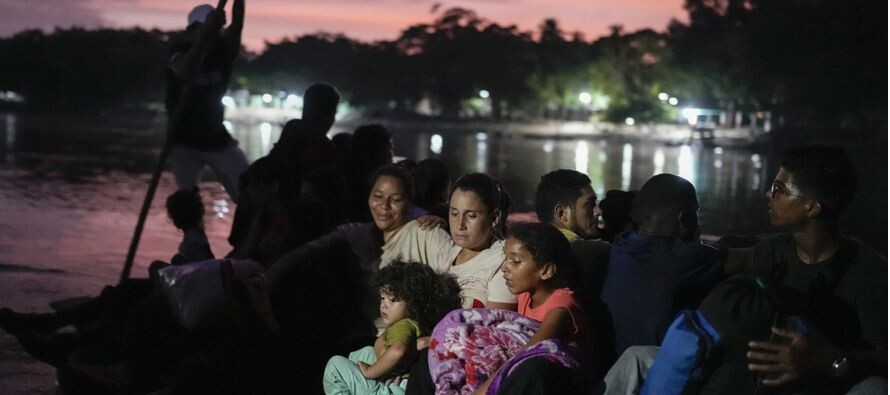
In Ciudad Hidalgo, Mexico, the problem of migration is exacerbated by cartel violence, which has turned the Mexico-Guatemala border into a territory of kidnappings and extortions against migrants. Although Mexican authorities freed over a hundred migrants in September, and there have been reports of shots fired at a group of foreigners on the day of the inauguration of the new president Claudia Sheinbaum, the situation is not improving.
The parish priest of Ciudad Hidalgo, Father Heyman Vázquez, denounces the influence of the cartels in controlling who passes and who does not. Migrant families claim they are asked to erase their contact numbers upon arrival to avoid conflicts with other criminal groups. According to an official with direct knowledge of the statements from foreigners, migrants have been subjected to kidnappings and extortions by the cartels.
Violence in Chiapas has been on the rise in the last two years, with the Sinaloa Cartel and the Jalisco New Generation Cartel vying for control of illegal trafficking in the region. The constant flow of migrants crossing the southern border of Mexico becomes a source of income for the cartels, which are involved in the kidnapping and extortion of foreigners.
In this migrant crisis, migrants face various issues such as kidnapping, extortion, and lack of protection from authorities. Despite the efforts of some civil organizations to provide support, the situation is becoming increasingly desperate. Uncertainty about the future and the possibility of deportation creates distress in the migrant community, which seeks a safe path north.
The opening of "safe mobility" corridors announced by the Mexican government in August has not been sufficient to guarantee the protection of migrants, who continue to face severe risks in their journey. Meanwhile, the situation at the southern border of Mexico remains complex, with cartels controlling much of the activity in the area and exerting a strong impact on the lives of migrants seeking a better life to the north.










